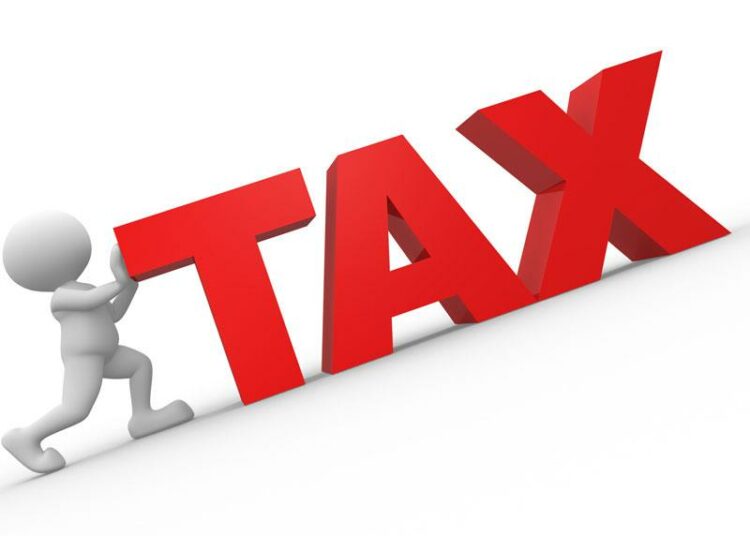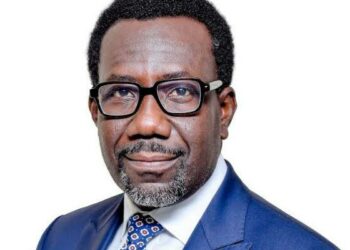Nigeria’s economic future depends significantly on its ability to reform its tax system into one that fosters equity, promotes growth, and ensures long-term sustainability. With an economy historically dependent on oil revenues, the volatility of global oil markets has left the country vulnerable to fiscal instability. To break free from this cycle, Nigeria must adopt a tax model that broadens the revenue base, encourages compliance, and supports economic diversification.
The current tax landscape in Nigeria reflects missed opportunities. With a tax-to-GDP ratio of about 6 percent, one of the lowest in the world, the nation has yet to tap the full potential of domestic revenue generation. The heavy reliance on indirect taxes, such as value-added tax (VAT), combined with weak enforcement of direct taxes like corporate and personal income taxes, has created an imbalanced and inequitable system. Moreover, the large informal sector remains largely untaxed, depriving the government of significant revenue while overburdening the formal sector.
A reformed tax model for Nigeria must begin with a shift toward equity and inclusiveness. Direct taxes should play a more prominent role, ensuring that individuals and corporations contribute proportionately to their income levels. Progressive taxation, where high-income earners pay a higher percentage of their income in taxes, can help reduce inequality and create a fairer system. Simplifying tax codes and enhancing transparency would also foster compliance and reduce evasion.
The informal sector, which constitutes a substantial portion of Nigeria’s economy, must be integrated into the tax net. This does not mean imposing harsh measures on small-scale entrepreneurs but creating an enabling environment where compliance is simple, affordable, and beneficial. Offering incentives, such as access to credit or infrastructure, in exchange for formalising businesses could be an effective strategy.
Diversification is critical to ensuring the resilience of Nigeria’s tax system. The country must expand its revenue base beyond oil by leveraging sectors such as agriculture, technology, and manufacturing. This requires policies that stimulate growth in these sectors while ensuring they contribute fairly to the tax pool. For example, introducing tax holidays or reduced rates for startups in high-growth industries could encourage investment and job creation while broadening the long-term tax base.
Improving tax administration is equally vital. Modernising the system through digital tools, such as e-filing and automated collection processes, can enhance efficiency and reduce corruption. A well-funded tax authority with adequate training and resources is essential to achieve these goals. Additionally, educating citizens on the importance of taxes in building a prosperous society can encourage voluntary compliance.
Also, fiscal federalism should be reconsidered to empower states and local governments to collect and manage their revenues effectively. This decentralisation would encourage accountability and enable subnational governments to tailor tax policies to their unique economic contexts.
Nigeria’s path to economic stability and growth lies in adopting a tax model that is fair, efficient, and forward-looking. By broadening the tax base, enhancing compliance, and diversifying revenue sources, the nation can build a fiscal framework capable of supporting its development goals. The time for bold tax reforms is now, as the cost of inaction is too great for Nigeria’s future.
















